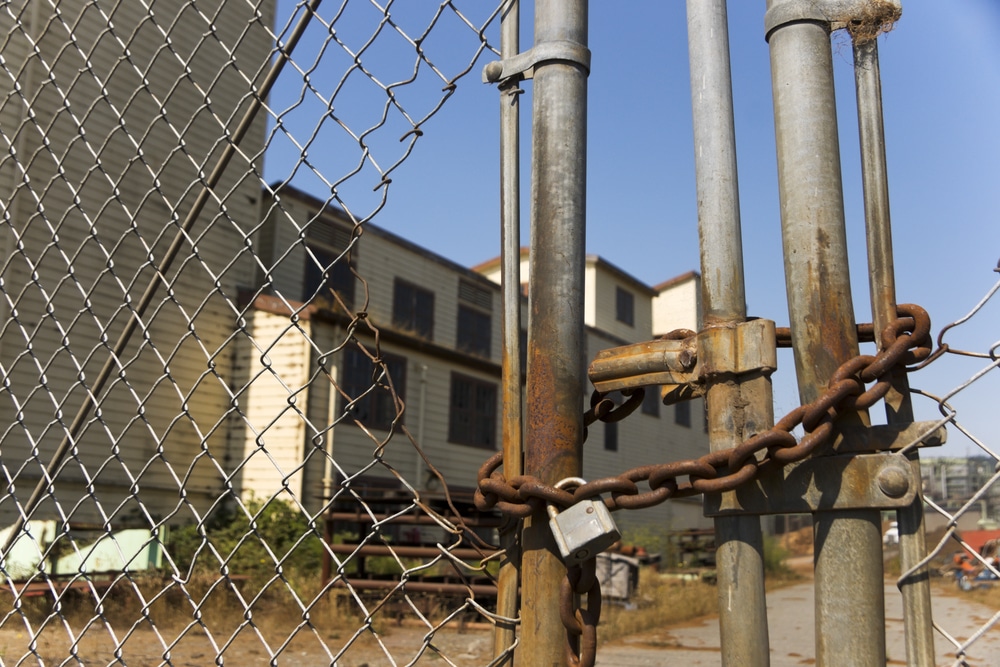The power of a government entity to take privately owned land for public use or benefit has always generated a significant amount of controversy over the decades, especially when governments take advantage of gray areas in legislation to advance their own agenda for questionable reasons. Our eminent domain attorneys discuss eminent domain abuse and go over options to respond to the government and challenge improper land condemnations.
WHAT ARE SOME COMMON TYPES OF EMINENT DOMAIN ABUSE?
In eminent domain acquisitions, the government may take private property for public use as long as the property owner is provided with just compensation. Eminent domain abuse happens when the government acquires private property without respecting the property owner’s constitutional rights or fails to use the property for public benefit.
Some of the most common instances of eminent domain abuse include using eminent domain powers for private benefit in order to favor individuals or corporations rather than the public, taking properties without providing fair or sufficient compensation to property owners, failing to provide landowners with a chance for due process and depriving them of an opportunity to be heard or be given proper notices, and taking properties in an arbitrary and discriminatory manner based on the property owner’s race, ethnicity or other protected characteristics.
WHAT HAPPENED IN THE KELO VS. CITY OF NEW LONDON CASE IN 2005?
The Kelo vs. the City of New London case became a notorious eminent domain case that influenced changes in state laws across the country. In 2005, Susette Kelo, along with other residents of the city of New London, CT, took legal action after having their properties seized by the city in order to create large-scale private development projects.
The case went to the Supreme Court, where the plaintiffs argued that the project would not benefit the public and questioned the city’s use of the “public benefit” factor as a reason to condemn their properties. In a surprising decision, the court ruled in favor of the city, affirming that public use did not have to mean literal public use and that the taking of private land for commercial development in New London would create jobs and economic growth and would thus satisfy the “public use” requirement for eminent domain takings.
ARE THERE OTHER NOTORIOUS CASES OF EMINENT DOMAIN ABUSE?
Unfortunately, there are plenty of examples of eminent domain abuse over the decades. In many of these cases, the government has taken advantage of the broad concepts of public use and urban blight in order to take private homes to benefit private developers. For example, in 1999, the city of Toledo, OH, agreed to declare over 83 well-kept homes and 16 businesses in good neighborhoods as “slums” and demolish them to make space for a new Chrysler manufacturing plant. The company promised to create over 5,000 jobs in return. When construction was completed, the plant only created around 2,000 jobs due to the use of automation.
Another example is the Dakota Access Pipeline case in Iowa in 2009. The Iowa Utilities Board was granted permission to take private farmland and displace several families to build the pipeline. The court decided that the pipeline sufficiently benefited the public even though the public would not make direct use of it.
CAN ANYTHING BE DONE TO STOP THE GOVERNMENT FROM ABUSING EMINENT DOMAIN POWERS?
Following the Kelo case, several states and municipalities made changes to their laws to further address the issue of private use of eminent domain properties and under what circumstances a property can be considered blighted and condemned by the government. However, there is a lot of variation in these laws across the country, which leaves plenty of room for government entities to continue abusing eminent domain powers for questionable purposes.
If your community has been affected by eminent domain abuse, the best thing you can do is to reach out to an eminent domain attorney to protect your property rights. The legal team at Hansen, Howell & Wilkie, PLLC, can represent property owners in a variety of eminent domain cases. Contact our office by calling 919-256-5266 and requesting an initial consultation to learn your options in protecting your property rights.





